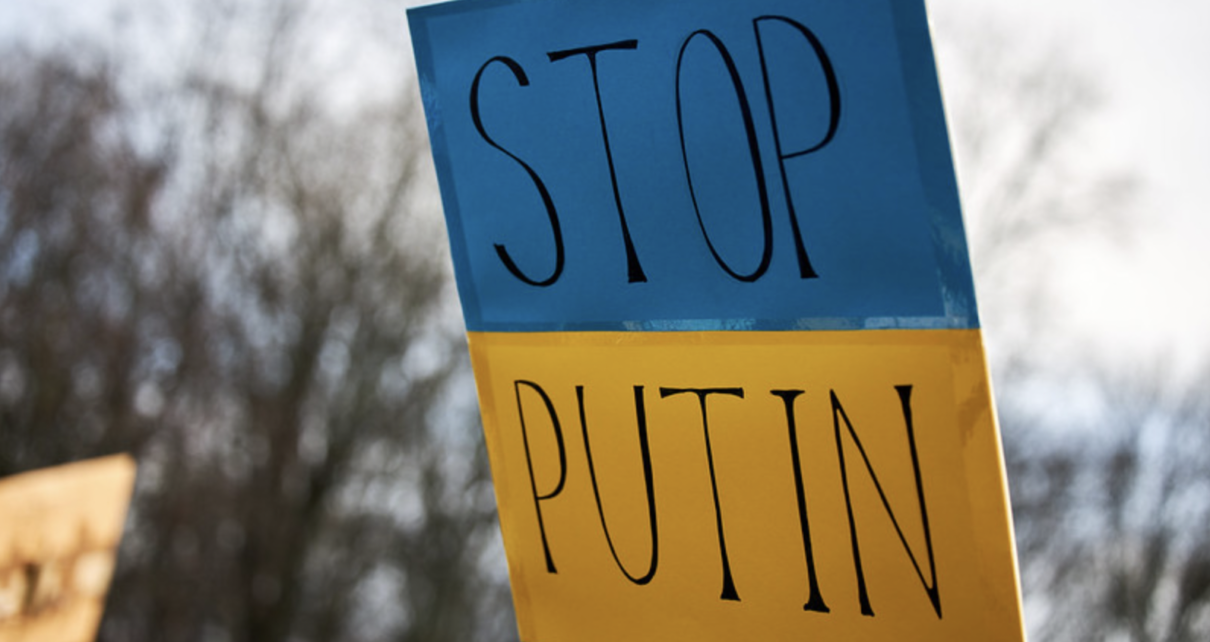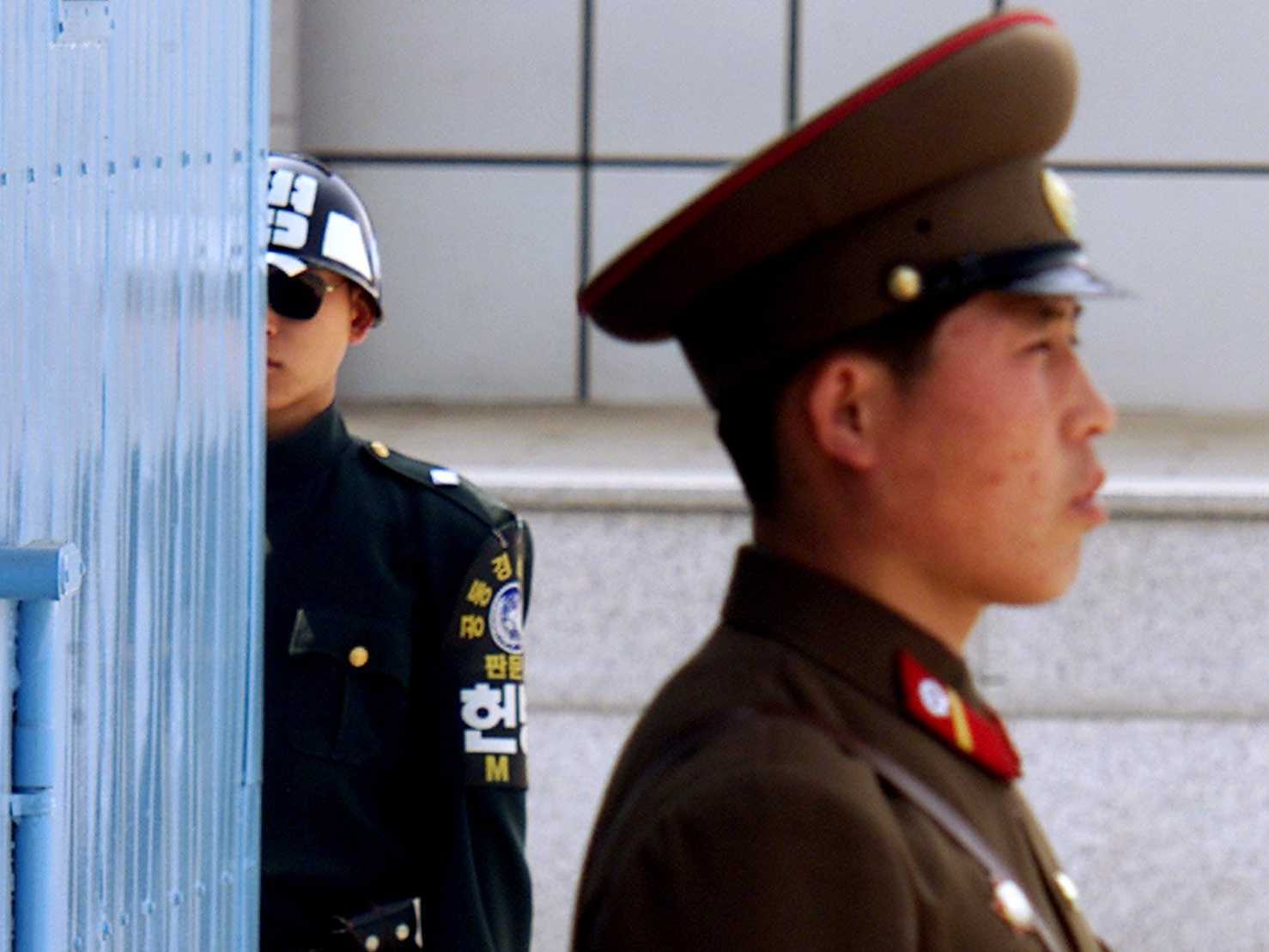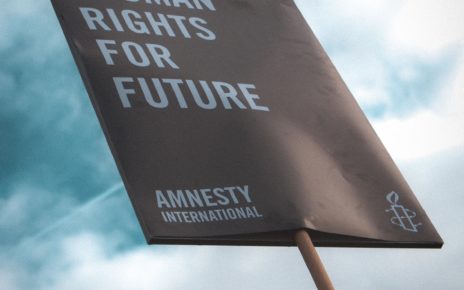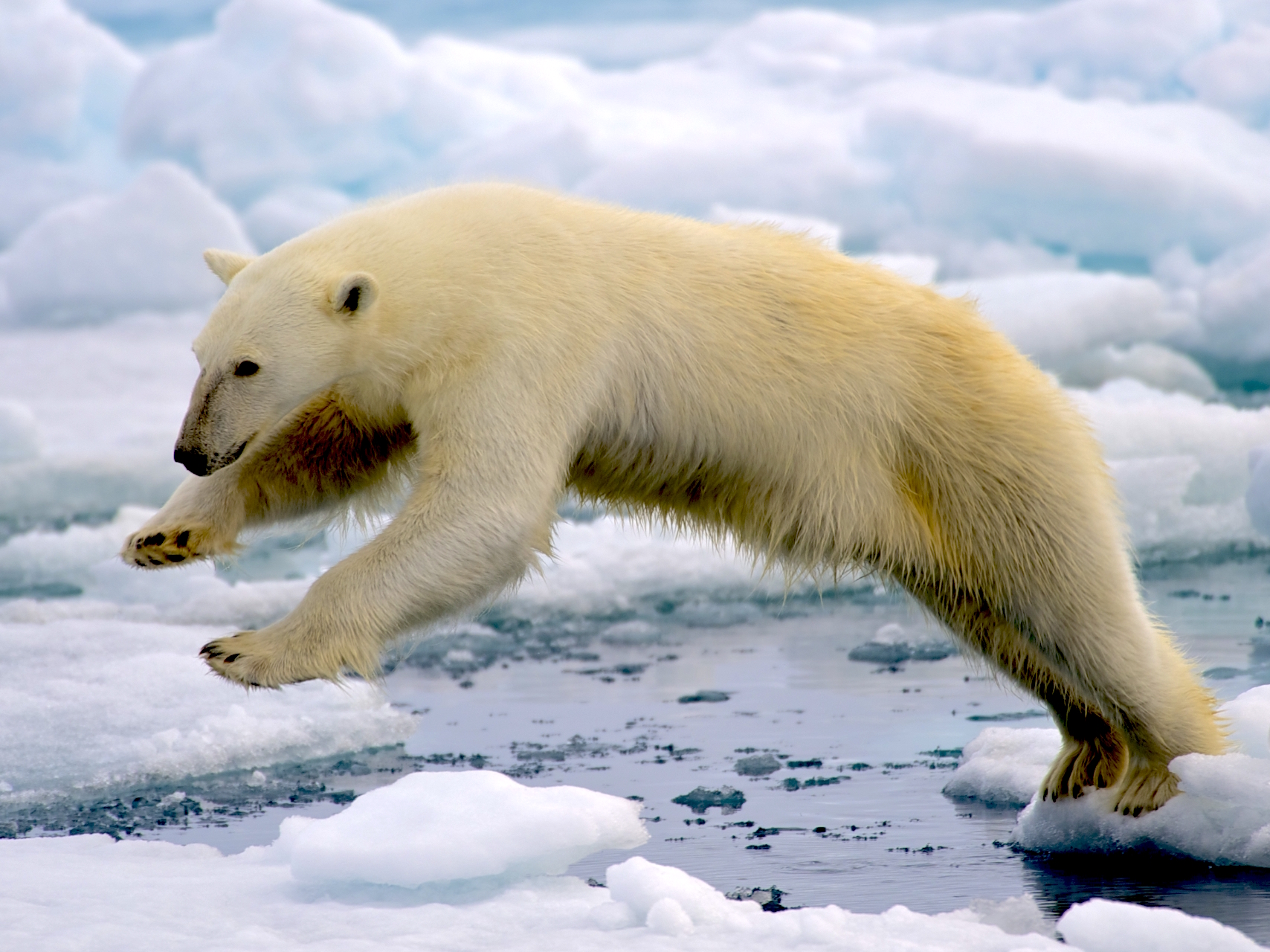Since the Russian invasion of Ukraine, the European Union (EU) has shown enhanced unity and coherence as a foreign policy (FP) actor. This has been demonstrated by EU member states’ unprecedented cooperation. Contrary to others that argue European unity with Ukraine may not hold strong, it seems likely their enhanced cooperation is occurring due to their shared concern for their security. This leaves hopeful prospects that member states will continue to cooperate well as East-West tensions remain ongoing. Since the war began in February, pivotal moments of cooperation between member states include state-wide support for Ukraine’s government, increases in defence spending by EU member states, and a decreased reliance on Russian energy.
Before the war, poor cooperation between EU member states was a common concern. Most argued that the EU’s international position was weak, calling for new mechanisms to encourage member states to cooperate on salient issues. The tendency for individual member states to prioritize their national FP over the interests of the greater EU was often cited as the primary impediment to the EU’s collective action. To address these challenges, policy officials drew up provisions against violating states and suggested reforms to the EU’s institution. President of the European Commission, Ursula von der Leyen, proposed the removal of the EU’s united veto, all with hopes of increased EU cooperation.
Historical perspectives on EU conflicts have led some to argue that the EU is now more united than ever. Miguel Otero Iglesias argues that important moments during Europe’s 60-year-long path to European integration are examples of the EU’s failed cooperation. He cites the post-war period, when tensions existed between France and Germany; the 1990s, when the UK, Denmark, and France failed to support the integration of the Euro; and later in 2005, when France and the Netherlands voted against the European Constitution. In other instances, member-states never found a way to cooperate, like when the UK opted to depart from the EU in 2019, and the current battle for cooperation and agreement the EU faces with its Eastern Baltic states.
The EU’s new enhanced cooperation is most notable when analyzing the EU’s most problematic states, which are now cooperating well within the EU. For many scholars, Hungary and Poland have earned the label of ‘trojan-horse states’ because they often diverge from Europe’s interests to pursue pro-Putin policies. However, in the face of the war, Putin’s closest European allies, such as Czech President Miloš Zeman, Hungarian Prime Minister Viktor Orbán, and French nationalist leader Marine Le Pen, have abandoned him, criticizing his stance in Ukraine. Similarly, parties once neutral, including Sweden and Finland, have taken sides, opting to join NATO.
Since February, much of the EU’s cooperation has centred around the EU leveraging its geopolitical position, a position critical to the member states’ individual security interests. Similar to how Sweden and Finland have opted to join NATO to enhance their security and defensive capabilities in the face of Putin, the EU’s geopolitical instability brought out by the invasion has forced the EU to regain control of its “political, strategic and energy future.” To do so, the EU has adopted harsh sanctions to meltdown the Russian economy. And the EU has supported Ukraine directly by releasing €5.4 billion in “emergency assistance, crisis response and humanitarian aid” and more. Additionally, all 27 EU member states have channelled aid to Ukraine in the form of “medicine, food, and shelter items, but also strategic equipment like fire engines, power generators, ambulances and mobile hospitals.”
Individual member states have also been forced to depend on each other. A key moment in the energy sector occurred when Germany, long-dependent recipient of Russian oil and gas, ceased much of its trade with Russia in February. Specifically, Germany abandoned Nord Stream 2, an USD $11 billion joint project between Germany and Russia to enhance the effectiveness of the country’s energy trade relations. This has forced Germany to rely on its European energy trading partners, such as Norway, the Netherlands, and Belgium, for gas imports. The withdrawal from energy politics prompted by Putin’s war has only brought Germany closer to Europe.
The EU has been forced to respond more decisively to the close-to-home security threat Putin presents. In the past, the EU has failed to act effectively under crisis on numerous occasions, including during the Euro crisis, the refugee crisis, and the previously foreseen Greek withdrawal from the Eurozone (GREXIT), signalling that Putin’s war must differ from these other crises. The European Council on Foreign Relations conducted a survey that included nine EU member states: Finland, France, Germany, Italy, Poland, Portugal, Romania, Spain and Sweden. It showed that a majority within these EU member states universally blame Russia for starting the war. These findings signal that a shared unfavourable view of Russia may have united Europe in a way these other crises did not.
Some find that Europe’s leaders will now face a test as to whether they can push through the chaos resulting from this war. While the EU has made significant progress in its unification and capabilities as a united front, Europe’s future might be rife with high “inflation, the cost-of-living crisis and possible energy rationing.” Others argue that the EU’s headway may be paradoxical, as Putin’s war is making the EU increasingly dependent on the US for a security and defence guarantee. Regardless, the EU’s current state of unity and cooperation gives Europe hope for the future.
Photo: “Stop Putin” (2022), by Pascal Volk via Flickr. Public Domain. Licensed under CC BY 2.0
Disclaimer: Any views or opinions expressed in articles are solely those of the authors and do not necessarily represent the views of the NATO Association of Canada.




